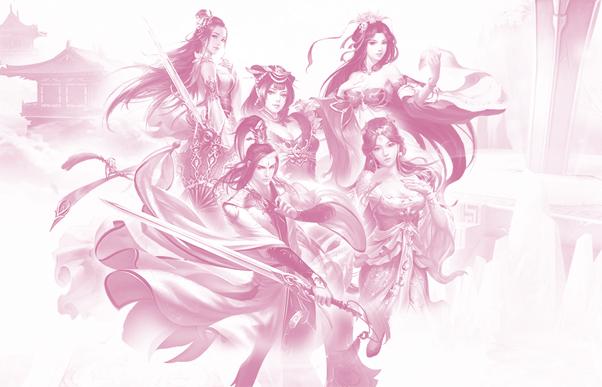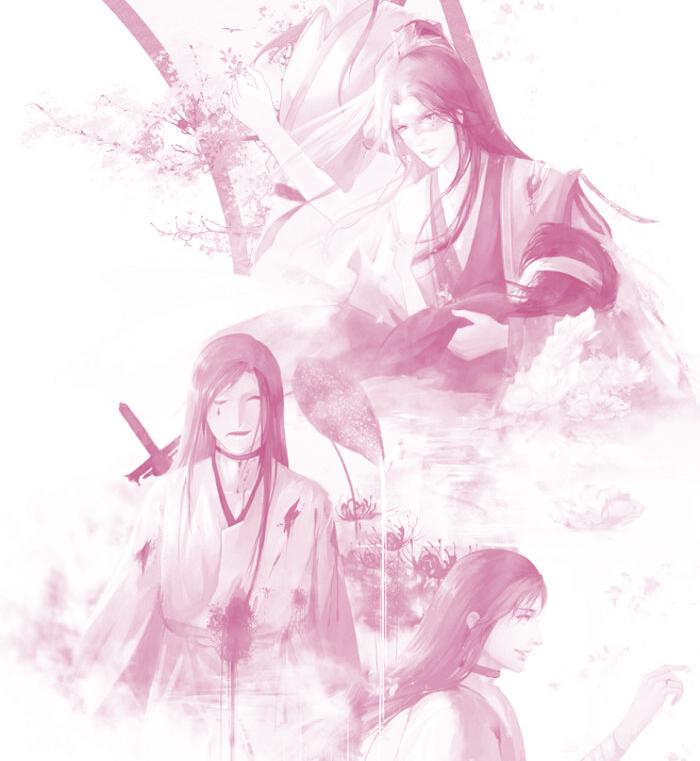Online Fantasy Novels Get Popular Abroad 网络玄幻小说走红海外
2020-11-16



網络文学作为一种新型的文化形态逐渐受到一大批读者,特别是年轻读者的青睐。不仅仅在中国市场,中国网络小说在海外市场同样受欢迎。
When online literature first came out in the 1990s, it was considered low-quality, “fast food” content, with cheap plots and stereotypical characters. Most serious fans of literature looked down upon it.
Oh, how things have changed.
Now serialized on websites and mobile apps, making them easy to access, online novels are being embraced by Chinese readers. The number of readers accessing literature online reached 455 million, making up 53 percent of Chinese Internet users. These numbers come from a report released in 2019 by the China Internet Network Information Center.
The most popular works may get published in print or adapted into games, movies and TV series.
20世纪90年代网络文学首次出现时,它一度被视为是低质量的快餐文化,情节拙劣,人物老套。大多数书迷都瞧不起这类网络文学。
如今,一切都变得不同了。
现在,在网站或者手机应用上连载的网络小说随处可见,中国读者们也接受了这类文学作品。阅读网络文学的读者数量已达4.55亿,占中国网民的53%。这些数据来自2019年中国互联网络信息中心发布的一份报告。
最热门的作品可能会印刷出版或者改编成游戏及影视剧。
经过几十年的发展,网络文学作品中的故事渐渐能够引起人们的共鸣,如今的作者也在创作中发挥了更多的想象力。比如,在《诛仙》和《扶摇》中,作者们都采用架空设定来讲述奇幻故事。
它们的读者也都是一些有志青年。“大多数网络小说本质上都是主人公的成长奋斗故事。”北京大学新闻与传播学院的盖博在《出版科学》上写道,“年轻读者能与角色产生身份认同,并将自己的希望与梦想投射在这些角色身上。”
以普世主题为中心的中国网络文学拥有着巨大的魅力,也吸引了世界各地的数百万读者。
最受海外读者欢迎的小说多为玄幻主题——讲述冒险和战争的奇幻故事。《诛仙》和《扶摇》都是这类小说。
“书迷们很容易就能发现中国玄幻小说构想的超自然宇宙与西方奇幻小说的共性。”西悉尼大学澳中艺术与文化研究院研究员任翔在接受《中国日报》采访时如此表示。
“读懂中国网络小说并不难。”美国在华大学生约格米·乌尔邦亚在接受《中国日报》采访时表示,“与权谋争斗相关的奇幻小说和故事是全球性的话题。”
如今,越来越多翻译论坛兴起,不难想象外国读者对于中国网络文学有着十分强烈的好奇心,就像当年《哈利·波特》与《指环王》首次引入中国时那样。
Over the past decades, online literary works have developed into relatable stories, and authors now write with more imagination. In Jade Dynasty and Legend of Fuyao, for example, the authors use fictional settings to tell their fantastic stories.
Their readers have also turned out to be aspiring youths. “Most online novels are essentially coming-of-age stories about the protagonists endeavors,” Gai Bo, of Peking Universitys School of Journalism and Communication, wrote in Publishing Journal. “Young readers can project their hopes and dreams on the characters, by identifying with them.”
“Fans can easily find commonalities between the imagined supernatural universes of Chinese xuanhuan and Western fantasy novels,” Ren Xiang, a research fellow at the Australia-China Institute for Arts and Culture at Western Sydney University, told China Daily.
“Its not hard to understand Chinese web novels,” Jongmay Urbonya, a US college student in China, told China Daily. “Fantasy stories and novels related to power struggles are global topics.”
With more translation forums flourishing, its not difficult to imagine how curious foreign readers will feel about Chinas online literature, just as Harry Potter and The Lord of the Rings were first introduced to China.
Over the past decades, online literary works have developed into relatable stories, and authors now write with more imagination. In Jade Dynasty and Legend of Fuyao, for example, the authors use fictional settings to tell their fantastic stories.
Their readers have also turned out to be aspiring youths. “Most online novels are essentially coming-of-age stories about the protagonists endeavors,” Gai Bo, of Peking Universitys School of Journalism and Communication, wrote in Publishing Journal. “Young readers can project their hopes and dreams on the characters, by identifying with them.”
“Fans can easily find commonalities between the imagined supernatural universes of Chinese xuanhuan and Western fantasy novels,” Ren Xiang, a research fellow at the Australia-China Institute for Arts and Culture at Western Sydney University, told China Daily.
“Its not hard to understand Chinese web novels,” Jongmay Urbonya, a US college student in China, told China Daily. “Fantasy stories and novels related to power struggles are global topics.”
With more translation forums flourishing, its not difficult to imagine how curious foreign readers will feel about Chinas online literature, just as Harry Potter and The Lord of the Rings were first introduced to China.
